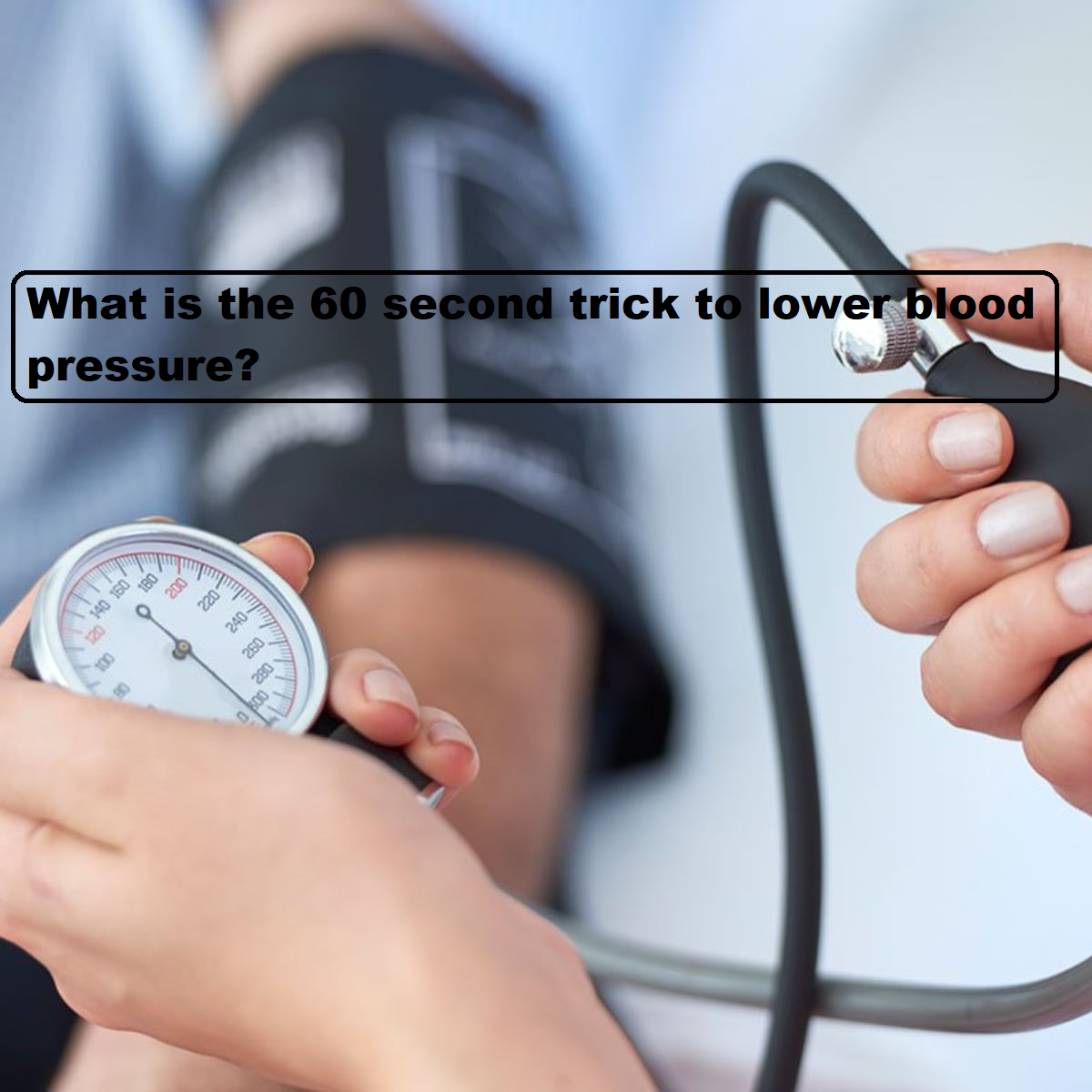By BlogHear Newsroom | May 17, 2025
Gaza Strip — As the humanitarian crisis in Gaza worsens under Israel’s ongoing blockade and military campaign, families across the enclave are facing extreme hunger, displacement, and despair.
Six-year-old Ismail Abu Odeh was one of many children seen waiting at a food distribution point in northern Gaza. When he finally received a bowl of lentils, it was knocked from his hands before he could return to his family’s tent. The following day, no food or water arrived at the makeshift camp set up in a Gaza City school. Ismail cried again.
Israel has maintained a strict blockade on the territory for over ten weeks, halting the delivery of food, water, and medical aid. The Israeli government claims there is “no shortage” of food in Gaza, blaming Hamas for looting and obstructing aid deliveries. However, residents and humanitarian workers on the ground tell a different story.
“One Meal a Day, If We’re Lucky”
The BBC has gathered firsthand accounts from Palestinians across the strip through phone calls and messages, as foreign journalists remain barred from entering Gaza freely.
Adham al-Batrawi, a 31-year-old displaced from al-Zahra, said hunger is now “one of the most difficult parts of daily life.” He shared how he repurposes overcooked pasta into makeshift bread to feed himself once a day—just enough, he said, “to get us through the day, but far from enough to meet our energy needs.”
In central Gaza, nurse Rewaa Mohsen described the daily fear of bombings while trying to care for her two daughters, aged three and 19 months. After a recent airstrike, she returned to find the doors and windows of her home blown off. “Thank God that I am still alive with my girls,” she said. “Where else will I go?”
A 23-year-old woman in northern Gaza said “dizziness and weakness” are constant due to the lack of food and medicine. Many food kitchens have shut down entirely, and those that remain operate “day by day,” depending on dwindling supplies.
Medical System in Collapse
Medical workers describe an increasingly dire situation. Randa Saied, a nurse at the European Hospital in Khan Younis, said she experienced “pure terror” when the hospital was hit by an Israeli strike. The hospital is no longer operational, with staff and patients relocated to the nearby Nasser Hospital.
“Our patients are mothers, sons, daughters and siblings—just like us,” she said. “We know deep in our hearts that our duty must not end, especially now.”
Hospitals across Gaza are running dangerously low on basic supplies like gauze, painkillers, and surgical equipment, forcing some to shut down critical services. Israeli officials claim that Hamas uses medical facilities as operational bases—a charge Hamas denies.
Aid Delays and International Reaction
Despite Israel’s statements, the United Nations and aid agencies warn that Gaza is on the brink of famine. A UN-backed report earlier this week declared Gaza’s population at “critical risk.”
In response to the worsening crisis, the U.S. has proposed a new system to distribute aid via private companies, with Israeli forces securing the centers. The UN criticized the plan, saying it could “weaponize” humanitarian assistance.
There are still 58 hostages believed to be held by Hamas, with 23 possibly alive. Israeli officials have described the aid blockade as a “main pressure lever” to achieve military and political objectives.
Meanwhile, on the ground, desperation continues to grow. Ismail’s father spoke with quiet grief: “My children go to sleep hungry. Sometimes I sit and cry like a little kid if I don’t manage to provide food for them.”
For more in-depth coverage on the Gaza crisis and global humanitarian issues, visit BlogHear.com — delivering clarity, context, and compassion in every story.




